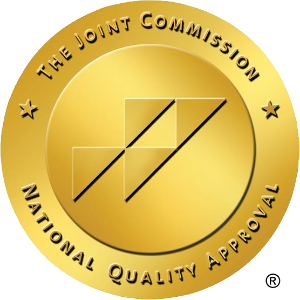 Spouse Addiction: A Family in Crisis?
Spouse Addiction: A Family in Crisis?
My friend Susan married her high school sweetheart. When I met her, they had been married for fifteen years and seemed to be going strong. He had a good job and she had a part-time gig she enjoyed and four kids that kept her busy.
After I had known her for about a year, she mentioned that Rob was changing. He was going to work in the morning, but he didn’t get excited about work the way he used to. He didn’t seem to be as engaged with the family either. Each weekend he would retreat into the garage and work on the cabinets he had started for the kitchen remodel. And, without fail, he would have to go to the hardware store for something he had forgotten at least once. Sometimes twice. She had asked him a few times why he needed to leave so often, and he reacted with anger, so she had given up.
At that point, she wasn’t too worried about it, but within half a year, she came to me with a more difficult tale to tell. Rob had come home from work with a box of desk supplies in the back seat. After ten years at the company, they had let him go without reason. But Susan knew it was just another sign, at that point. Abrupt changes in mood, weird sleep patterns, more frequent trips to the store and always in a strange mood when he came back. He was a different man than the man Susan had married. And she would soon find out that he had developed a storage of gin bottles in the back yard. She did not know how many he was going through each day.
If you have sought out this blog, you are likely seeking help in dealing with spouse addiction. Your story may be quite different than the one above, but the same elements are at work. Retreating from family life, lying, sneaking away, possibly stealing, outbursts and mood swings.
How do you deal with spouse addiction?
The first step is to educate yourself by reading blogs about spouse addiction like this one and by consulting books about spouse addiction and talking with spouse addiction therapists and drug abuse specialists. The more you know about the realities of spouse addiction and drug abuse, the better you will be able to help your spouse and yourself.
The second step is to realize that you cannot change your spouse or lead him or her away from spouse addiction. Your spouse has to have an internal desire to become sober. You can support your spouse, but trying to change them or blame them for their spouse addiction is more likely to cause angry outbursts than to encourage withdrawal from the drug.
Though spouse addiction is not easy, you have to take care of yourself and, possibly, your children. Make sure that you and your children are not in danger due to spouse addiction. Reach out to family and friends and hire a therapist for yourself as well as other family members who are open to spouse addiction therapy.
And finally, know that your spouse will need time and support to recover from spouse addiction. You may choose to leave for a while to allow them to make decisions and possibly begin down the road away from spouse addiction. Your spouse may need to go through a recovery program or live in a sober living facility for a while as they deal with the underlying causes of spouse addiction and learn to live without drugs or alcohol. In the end, recovery from spouse addiction will be their choice. Your decisions should be based on your safety and the health of your family.

 Spouse Addiction: A Family in Crisis?
Spouse Addiction: A Family in Crisis? 



